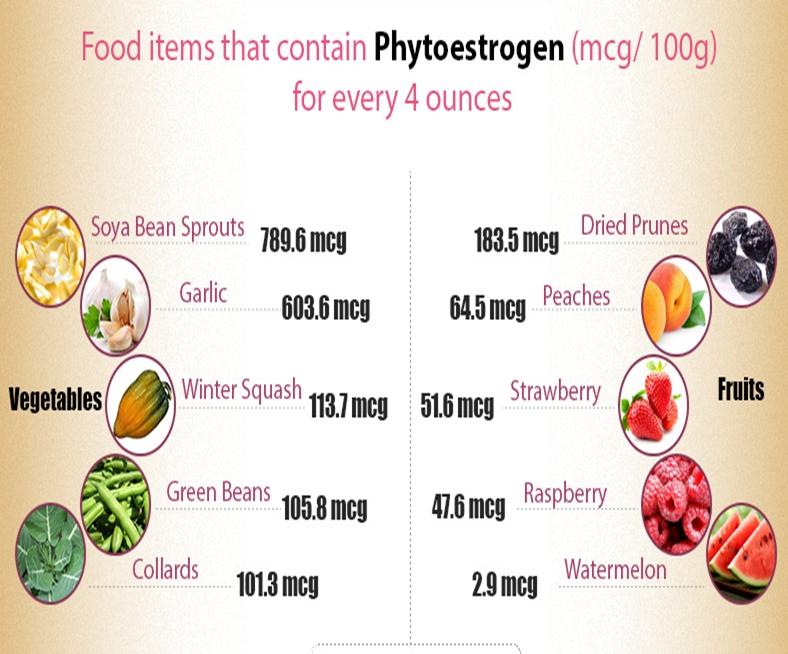The notion that specific foods can directly influence height is a common misconception. Human height is primarily determined by genetics and hormonal factors, particularly growth hormones. While nutrition plays a vital role in overall health and development, there is no scientific evidence to suggest that consuming certain foods can directly increase height.

During childhood and adolescence, a balanced diet rich in nutrients such as protein, calcium, vitamin D, and iron is essential for supporting healthy growth and development. These nutrients contribute to bone health, muscle development, and overall physical well-being. However, the idea that specific foods, such as milk, leafy greens, or certain fruits, can significantly increase height beyond the genetic potential is not supported by scientific evidence.

Height is primarily determined by genetic factors, including the genes inherited from both parents. These genes influence the production of growth hormones and other factors that regulate bone growth and development. Hormonal factors, such as growth hormone deficiency or imbalances, can also impact height.

Therefore, focusing on a balanced diet that provides the necessary nutrients for overall health and development is more beneficial for promoting healthy growth rather than relying on specific foods for height gain. Regular physical activity, adequate sleep, and managing stress levels are also important factors that contribute to optimal growth and development.
It is important to note that claims about specific foods or supplements that promise significant height gains should be viewed with skepticism. These claims are often unsubstantiated and may lead to unrealistic expectations or potentially harmful practices. Consulting with a healthcare professional or registered dietitian for personalized advice on nutrition and healthy growth is always recommended.










